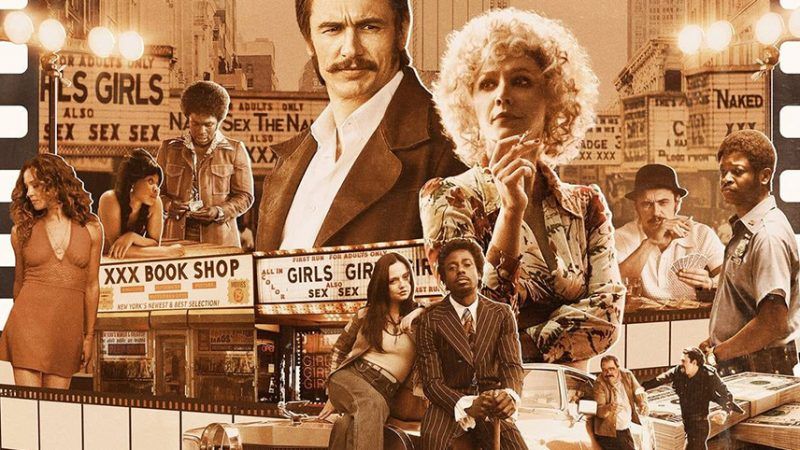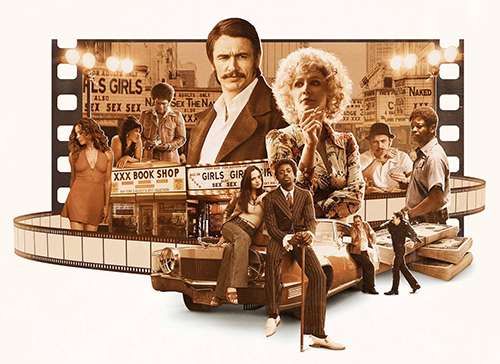The Deuce


In his revered HBO series The Wire, creator David Simon took a panoramic look at Baltimore and its civic institutions, starting with cops and street-level drug dealers, then moving upward and outward to encompass schools, ports, media, and governing institutions. It was a deeply human portrayal of an urban landscape wracked by political dysfunction, economic divides, and corruption. But it was also about the difficulty of stamping out market activity, even—especially—for socially disfavored products like drugs.
In The Deuce, Simon and crime novelist George Pelecanos take a similar approach to the sex trade in New York. The second season brings the show into the disco era of the late '70s, following a sprawling cast of sex workers, vice cops, pornographers, mob kingpins, barmen, and more as they navigate legal, commercial, and cultural shifts in the smut business. From dirty cops to prostitutes and their pimps to porno producers, nearly all of the characters are, in some sense, entrepreneurs. Much of what they do is ugly, especially where it concerns the treatment of women, but they're striving to satisfy a demand in order to make a buck. That's especially true in the second season, which deals with the commercial expansion of the skin business and the beginnings of its influence on popular culture. Sex sells, and on The Deuce, everyone's a buyer and a dealer.

Simon, an avowed leftist, seemed to hate that so many viewers found very libertarian messages in The Wire's portrayal of the drug war and the personal and social benefits of just letting people buy and sell what they want to buy and sell. The Deuce is not in any overt sense a libertarian show. Yet like The Wire, it demonstrates a variety of libertarian tenets—the fundamental dignity of sex workers, the ways black markets enable corruption, and the futility of attempting to prohibit trade and profit seeking. It's a show about the inevitability of capitalism, whether Simon likes it or not.
